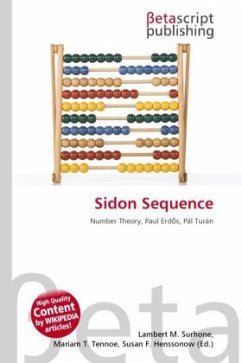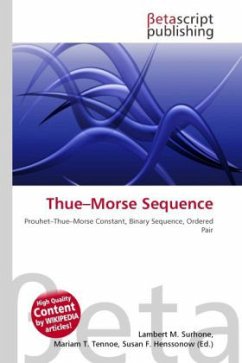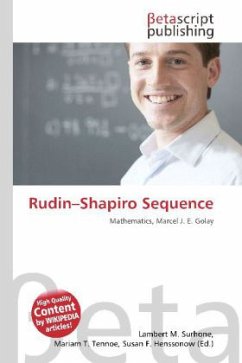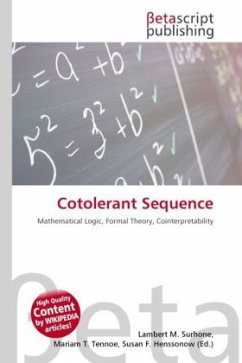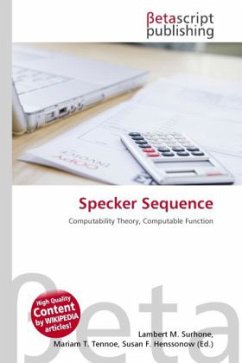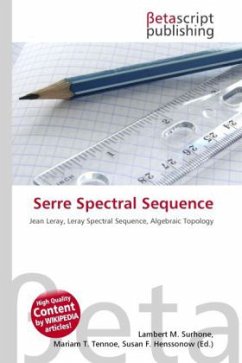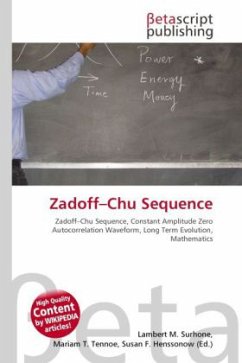High Quality Content by WIKIPEDIA articles! In number theory, a Sidon sequence (or Sidon set), named after the Hungarian mathematician Simon Sidon, is a sequence A = {a0, a1, a2, ...} of natural numbers in which all pairwise sums ai + aj (i j) are different. Sidon introduced the concept in his investigations of Fourier series. The main problem, posed by Paul Erd s and Pál Turán, is how many elements can A have up to some number x. Despite a large body of research this question remains, as yet, unanswered. Erd s and Turán proved that the number of elements of A up to x is at most sqrt{x}+O(sqrt[4]{x}) and using a construction of J. Singer they get a sqrt{x}(1-o(1)) lower bound. All finite Sidon sets are Golomb rulers, and vice-versa. To see this, suppose for a contradiction that S is a Sidon Set and not a Golomb ruler. Since it is not a Golomb ruler, there must be four members such that ai aj = ak al. It follows that ai + al = ak + aj, which contradicts the proposition that S is aSidon set. Therefore all Sidon Sets must be Golomb rulers. By a similar argument, all Golomb rulers must be Sidon sets.
Bitte wählen Sie Ihr Anliegen aus.
Rechnungen
Retourenschein anfordern
Bestellstatus
Storno

